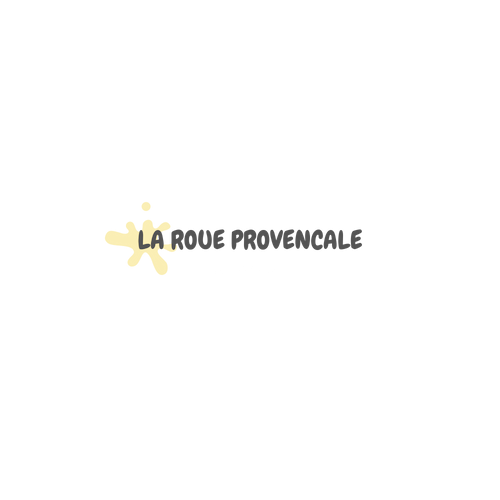When starting the study of foreign learning languages , the first step should be how to organize learning, that is, above all, establish how much time will be devoted to studying. Depending on the commitments and the motivation, everyone can build personalized planning by deciding the duration of the sessions, the moments of the day in which to study and the activities to be carried out. In this article, we offer some tips on how to organize language learning effectively.
What are the most useful tips for organizing learning to the fullest?
Establish the frequency and duration of the sessions
Repetition and regularity are the two pillars of learning. How long do you think you can dedicate? 15 minutes? 30 minutes? 1 hour a day? You can also decide not to study every day and organize learning in one session every two days, 3 per week, and so on.
Organize learning and respect planning
Now comes the difficult part. We have decided how much time to dedicate but are we sure that we will respect the commitments made with ourselves? Or will we drop everything after 2 days? In fact, for many people, the problem is not organizing learning but respecting planning, which can be really complicated!

In general, it is good to establish at what times of the day to learn by analyzing your commitments. Those who stay on public transport for a long time can take advantage of dead times as early as the morning when the brain is in optimal conditions to assimilate. Otherwise, why not do it after work or university once you get home (or after an hour)?
We set goals to quantify our progress
Studying regularly is not only very effective but serves to keep motivation high. In fact, repeating often, our progress will be much faster, pushing us to move forward. To stay motivated, it is a good idea to set goals to measure your results later.
For the vocabulary, we could decide to learn 10 new words a day by writing them down in a notebook, in a Word file or using, for example, a program like Anki in which it is possible to store virtual “cards” each corresponding to a word and its translation. To memorize 10 new words it takes even 5 minutes, but at the end of the month, we will know we have already learned 300 (10 x 30 days), after 2 months 600 and so on.
To improve oral comprehension, we can see a newscast; listen to a podcast for 5-10 minutes a day: already at the end of the first month, we will notice our progress and the good results will push us to continue with the same rhythm or maybe intensify it. If today you can watch a film in English without problems, it is thanks to the 10 minutes a day that you dedicated to BBC news at university.
Diversify learning
Even if you spend 20 minutes a day, you can change the activities to not get bored and work on different skills. The key is to keep our interest alive. If you like news, you can start with 5 minutes of listening to the news via television or the internet. You can then memorize new words for 5 minutes, repeat some of them and then go on to read articles that deal with topics that interest you (10 minutes).
The following day you can change for example by dedicating about ten minutes to the written production (perhaps starting a diary in English) and the rest to the vocabulary. Once a week, you can dedicate the whole session to a conversation with a friend of study, a linguistic partner found in the language exchange communities. Diversifying not only keeps our interest high but also makes different skills work, allowing us to improve at all levels or talking to yourself.


